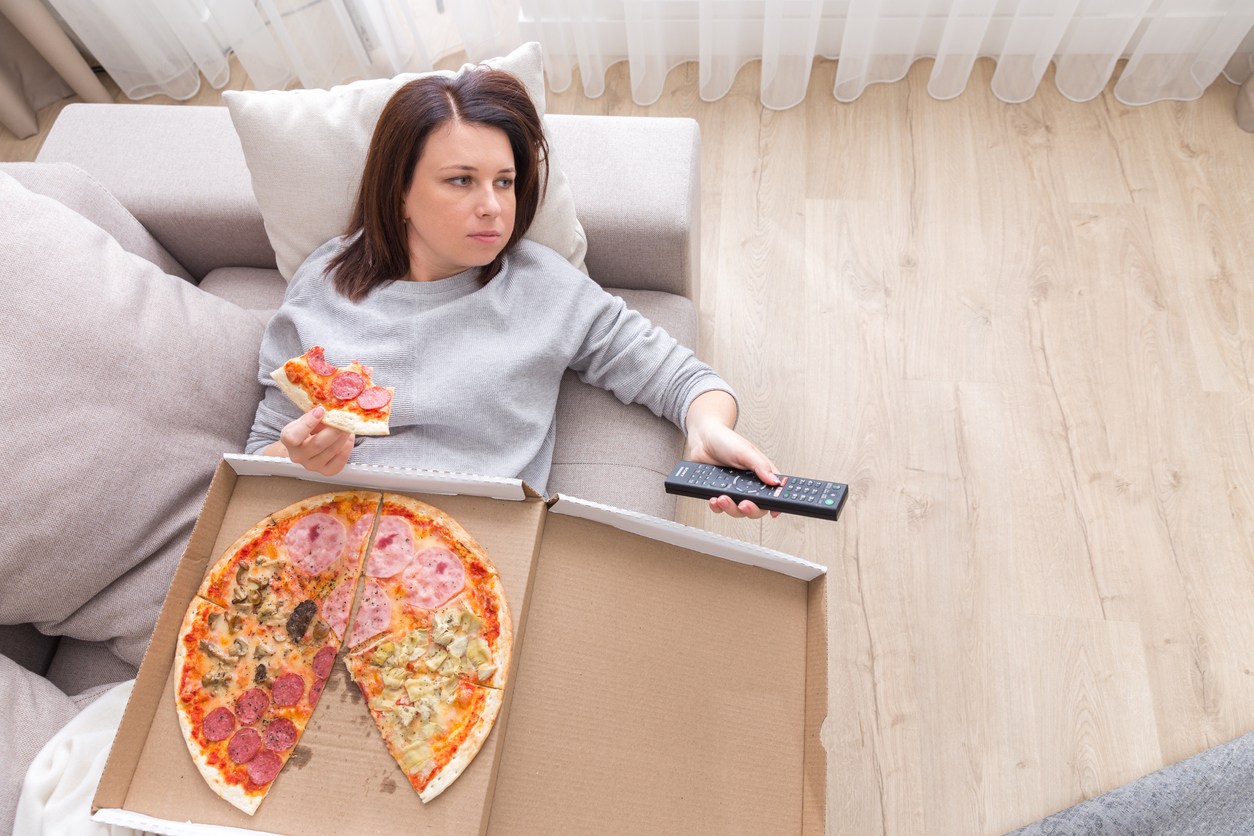Mobile phone use can worsen heart disease in smokers, diabetics: Study
Frequent mobile phone use was positively linked with increasing the risk of cardiovascular disease, particularly in those who currently smoke and have diabetes.
One of the worst impacts of the sedentary lifestyle is that it makes an individual more anxious and forces the brain to over-think. This is an invitation to more severe problems.

Representation image [Photo: iStock]
Anxiety and overthinking: The primate human instinct is to roam around and gather food to sustain life. As human civilization progressed, we developed more means to ease our life. In the last few centuries, we have excelled to an extent that most of us do not even have to move around to earn money to support our life.
The more we have eased out our lives, the more sedentary we have become. Urban slang refers to the sedentary individual as a “couch potato”. This lifestyle has damaged us more than it has helped us. Besides the physical damage, it has also impacted us emotionally and psychologically.
Advertisement
One of the worst impacts of the sedentary lifestyle is that it makes an individual more anxious and forces the brain to over-think. This is an invitation to more severe problems. Some studies have categorically linked the sedentary lifestyle with a spurt in anxiety.
Advertisement
According to The association between sedentary behaviour and risk of anxiety: a systematic review, published in BMC Public Health, “It has been hypothesised that sedentary behaviour may lead to anxiety through biological pathways. For example, engaging in screen-based entertainment, such as video gaming, has been shown to increase the arousal of the central nervous system (CNS), which could potentially lead to increased levels of anxiety.
Additionally, screen-based sedentary behaviours have been linked to disrupted sleeping patterns which may also cause elevated levels of anxiety. Given the plausibility of these short-term effects of sedentary behaviours on mood (i.e. distraction, CNS arousal, sleep), it is likely that the cumulative effects of these behaviours may further result in longer-term impacts on anxiety risk. Alternatively, the link between sedentary behaviour and anxiety could be explained by poor metabolic health”.
Human brain is an intricate organ and the complete functioning of it is yet to be understood by researchers. There is a particular pattern in which the thoughts are processed by the brain and this pattern is different and unique for every individual.
Each and every individual is exposed to different factors; physical and physiological, that impact the thought process. The thought process is distorted, when we remain idle and do not use brain for productive activities. This is the main reason behind our anxiety, that gets built-up when we do not indulge in physical activities.
So, the key to avoid anxiety is to keep the brain engrossed in productive activities, work, and attract positive thoughts. When we are moving and physically exerting, we tend to avoid negative thoughts and remain healthy, both mentally and physically.
Also read: Depression, anxiety, trauma: childhood trauma’s longer effects
Advertisement